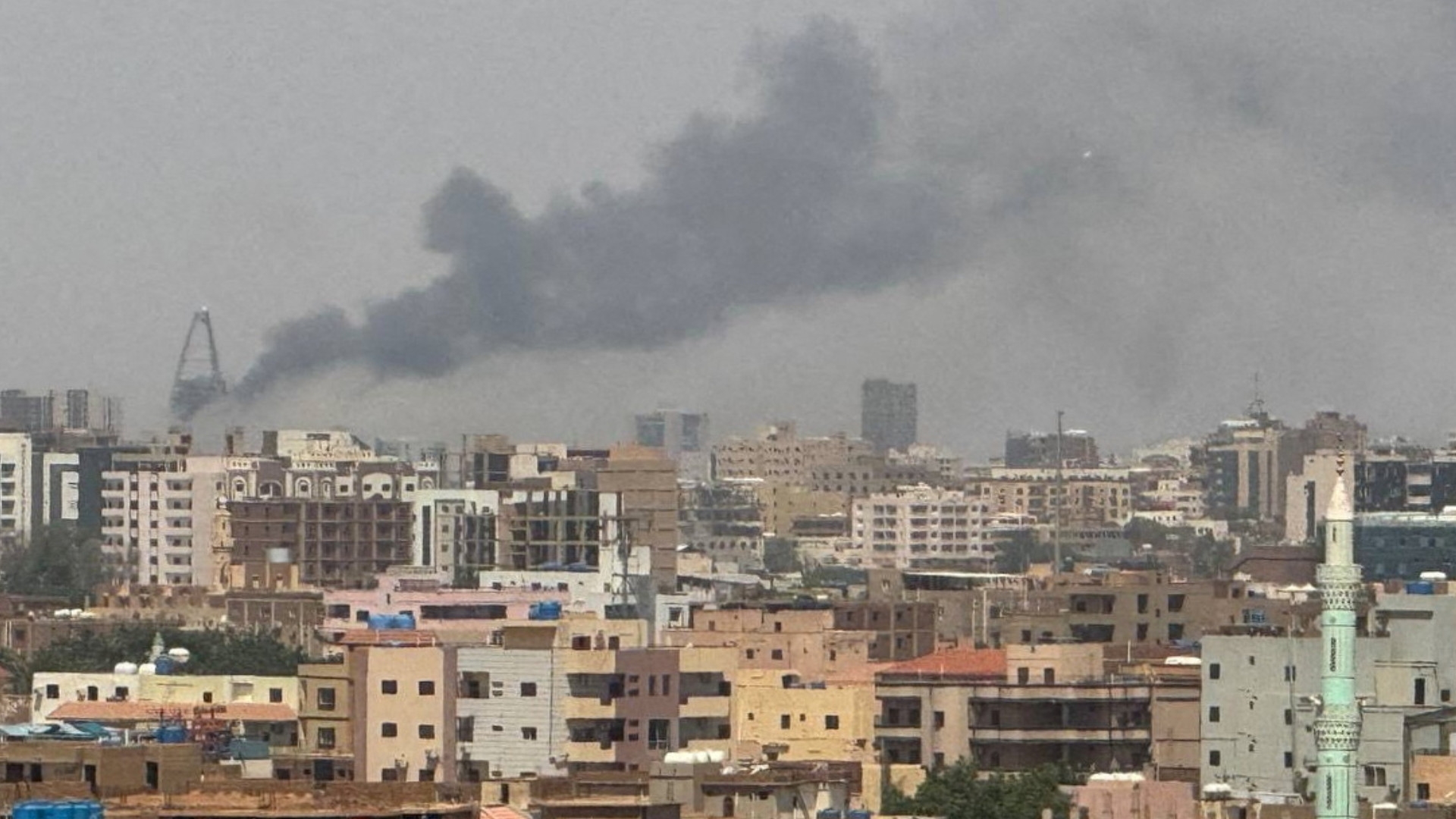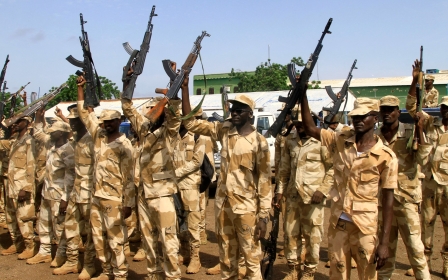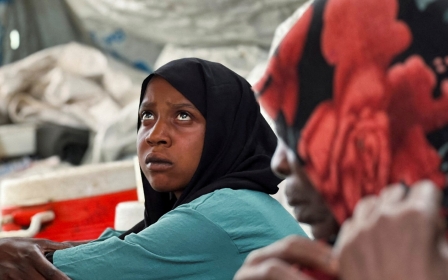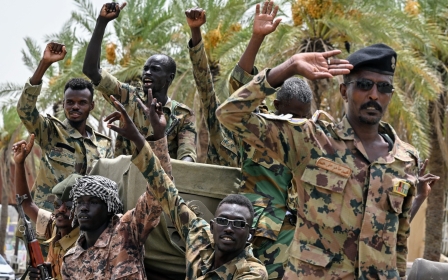Sudan's army launches major assault on RSF in bid to retake Khartoum

Sudan’s army on Thursday launched the biggest offensive in months against the Rapid Support Forces (RSF) in the capital Khartoum to regain ground held by the paramilitary group.
According to several local media reports, the army conducted air strikes on several RSF positions across Khartoum and Khartoum North, which were seized by the paramilitary group when the conflict erupted in April 2023.
Fighting reportedly broke out near the strategic Al-Istritagia headquarters in western Khartoum, which the RSF had seized in June, in the early hours of Thursday morning.
Al Jazeera reported that the army has captured the three main bridges that connect the capital with the city of Omdurman, and its forces are advancing towards the presidential palace where heavy fighting has also been reported.
Local sources quoted in the Sudan Tribune reported fighting and smoke emanating from central Khartoum and Khartoum North, as well as from the Al-Muhandisin area in Omdurman, which is under army control.
New MEE newsletter: Jerusalem Dispatch
Sign up to get the latest insights and analysis on Israel-Palestine, alongside Turkey Unpacked and other MEE newsletters
The army also targeted RSF positions with heavy shelling, with the RSF retaliating with shells which landed north of Omdurman.
The army recaptured parts of Omdurman from the RSF in a major offensive in February. It lost control of most of the capital to the paramilitary group at the start of the conflict last April and has since been unable to oust it from Khartoum.
'In the works for months'
Military sources told Al Jazeera that the assault had been “in the works for months”.
General Yasser al-Atta, a senior general and second-in-command to Sudanese army chief Abdel Fattah al-Burhan, had previously warned that the army was preparing a multi-pronged assault to “wipe out” the RSF, with forces being trained and equipped in preparation.
The war between the army and the RSF has displaced 10 million people, a fifth of Sudan’s population, and caused tens of thousands of civilian casualties, according to the UN.
The conflict has also triggered a spiralling humanitarian crisis, with 13 areas of the country at risk of famine, and more than 25 million people facing acute hunger, according to the World Food Programme.
Middle East Eye delivers independent and unrivalled coverage and analysis of the Middle East, North Africa and beyond. To learn more about republishing this content and the associated fees, please fill out this form. More about MEE can be found here.




